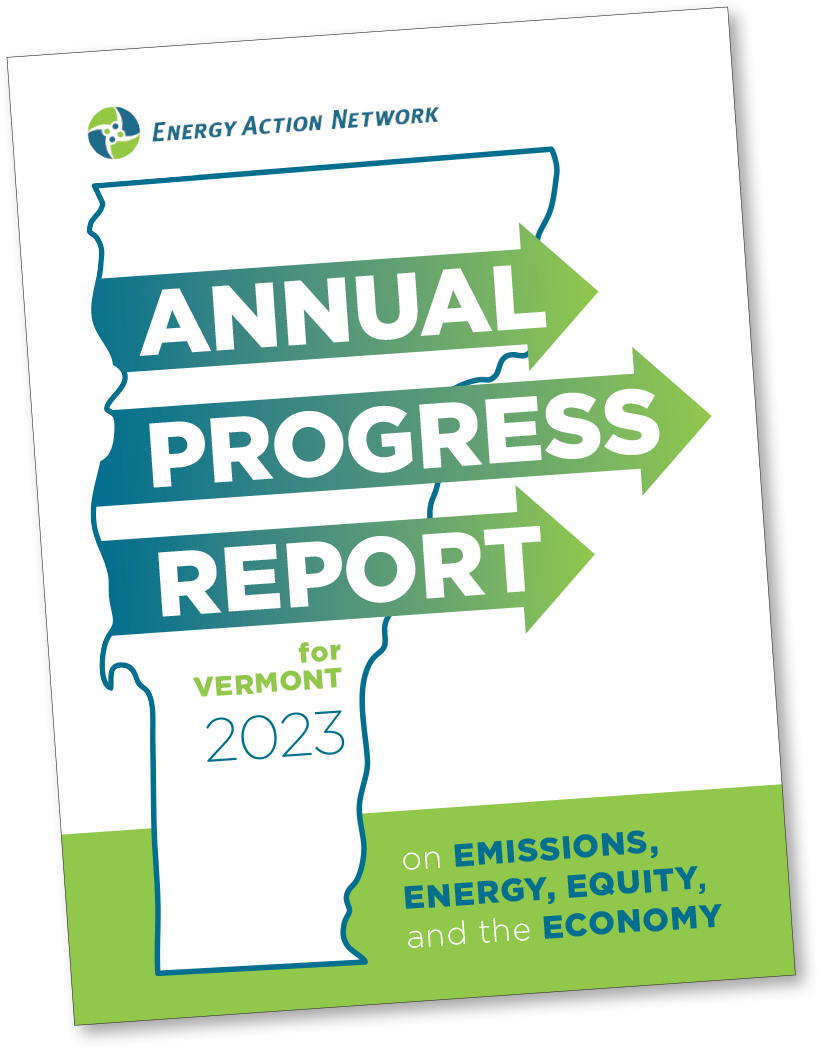Developing a Plan for Effective and Equitable Investment of Transportation and Climate Initiative (TCI) Revenue in Vermont
Presented by: Jordan Giaconia (Vermont Businesses for Social Responsibility) and Amanda Carlson (Capstone Community Action)
Summary:
Goal: Advance a collaborative process to identify the highest impact investment opportunities, in terms of cost-effective and equitable greenhouse gas reduction strategies and actions, for Transportation and Climate Initiative (TCI) revenue in Vermont.
Context: If Vermont decides to join Massachusetts, Connecticut, Rhode Island, and the District of Columbia in the Transportation and Climate Initiative Program (TCI-P), estimates are that we will receive approximately $20 million a year in TCI revenue that we can invest in cleaner and better transportation options for Vermonters.
The proposed Network Action Team would consist of a diversity of stakeholders and experts–including low-to-moderate income Vermonters, state policymakers, BIPOC community leaders, and businesses with local supply chains and fleets–who would co-develop a process and then draft a joint proposal/concept paper that outlines a potential framework for a complementary TCI-P policy to codify a process and pathway that identifies specific investment opportunities for TCI revenue to advance cost effective and equitable greenhouse gas reduction strategies in Vermont’s transportation sector. The process would include looking at what other states have done – Massachusetts in particular – to ensure in law an enhanced equity-focused process and that a significant share of TCI-P auction revenues support pollution-reducing strategies that serve lower income, overburdened communities.
This would help advance the TCI conversation from “should Vermont join TCI?” to “what are the possible benefits – and who are the prioritized beneficiaries – if Vermont joins TCI?” The proposed Network Action Team could also analyze the potential benefits of the proposed investment approach, in terms of jobs, consumer savings, health benefits, etc., either as compared to a baseline or as compared to another investment strategy.

